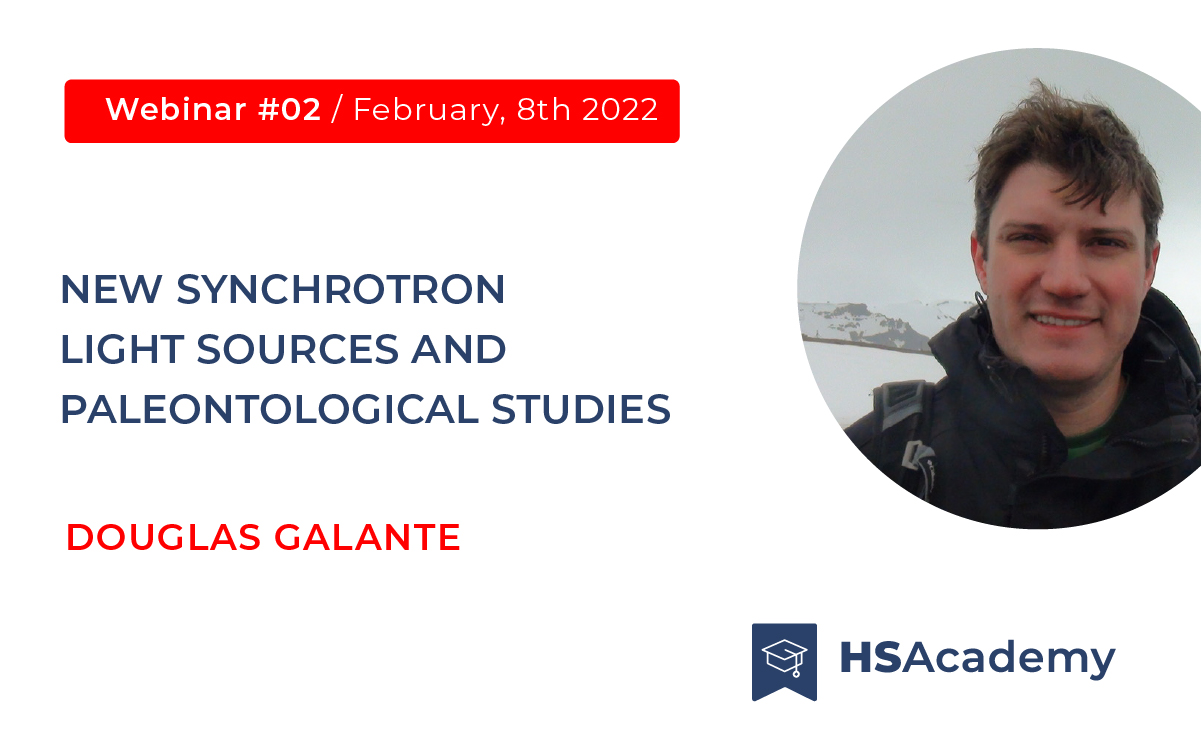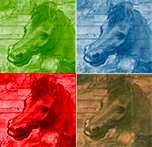
HS Academy Webinar 02/2022: New synchrotron light sources and paleontological studies
The webinars are organized by the HS Academy, a collaborative initiative between IPERION HS (www.iperionhs.eu) and E-RIHS (www.e-rihs.eu). The two European projects integrate facilities of recognized excellence in Heritage Science, offering access to a wide range of high-level scientific instruments, methodologies, data, tools and training opportunities for advancing knowledge and innovation in the field.
This webinar will provide an overview of new synchrotron light sources applied to paleontological studies.
Brazil is at the moment at the forefront of synchrotron science, being one of the few countries to be operating a 4th generation synchrotron machine, Sirius. This type of equipment, coupled to very advanced beamlines and experimental stations allows the investigation of materials with an unprecedented resolution and sensitivity, making it possible to go down to the atomic scale. With this, our group has been studying the paleontological record at the nanoscale, using a variety of analytical techniques, in an approach called nanopaleometry. In special, within the astrobiological perspective, it is our intention to understand the oldest fossil records on the planet so that they can be used as models of what to search on Mars, for evidence of past life.
Date
February 8th, 2022 at 3 pm (Rome time zone) – add to the calendar
You will learn
- recent studies on innovative synchrotron light sources applied to paleontological studies
- possible application to real conservation problems
Key topics we’ll cover
Synchrotron light sources applied to paleontological studies
Duration
45 minutes (30 minutes + 15 minutes Q&A)
Speakers
Douglas Galante (Synchrotron National Laboratory (LNLS/CNPEM) – is a researcher and group leader at the new 4th generation Brazilian Synchrotron, Sirius. He has a background in planetary sciences and currently works on the field of Astrobiology, investigating techniques that can be used to detect faint signals of past life on the geological record. For that, he uses the terrestrial paleontological record from deep time as a proxy.
